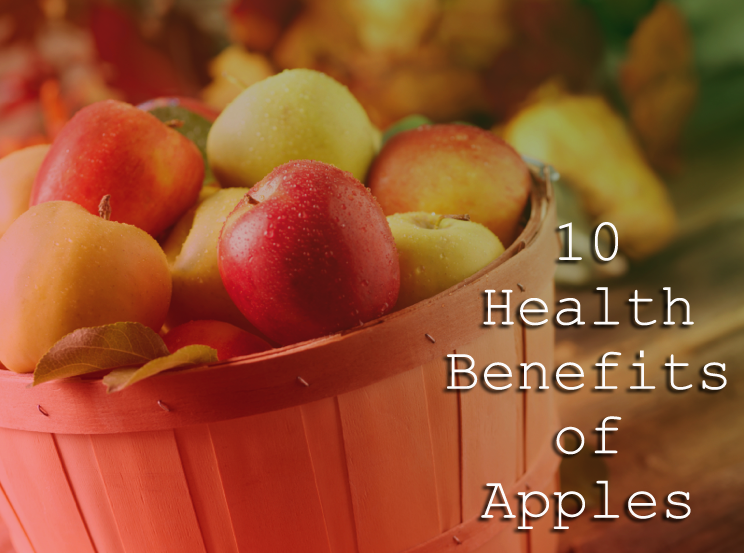Sweet potatoes relieve stress and are nature’s gift to us all.

The sweet, starchy veggie, which contains substantial sources of anti-stress nutrients fiber and magnesium, has been shown to elevate mood for up to four hours!
Here’s eight other beautiful benefits of this autumn delight:
1. They’re rich in vitamins A and beta-carotene: Sweet potatoes have been shown to provide the highest concentration of these nutrients than any other root vegetable. Vitamin A is essential for healthy skin and eyesight, which is improved with sweet potato consumption.
READ MORE: Falafel and Waffles, Combined
2. They help regulate blood sugar levels: Don’t be intimidated by the starch content of this tuber root vegetable. Due to sweet potatoes’ rich fiber content, itsglycemic index (the rate at which blood sugar levels are raised) remains low, so its energy is slow-releasing.
3. They’re rich in Vitamin B6: Vitamin B6 is crucial in breaking down an artery-hardening substance called homocysteine, which is why sweet potatoes are super heart-healthy.
4…And Vitamins C & E: Sweet potatoes make one of the best beauty foods, as they contain substantial sources of vitamins C and E, those which contribute to shiny hair and clear, glowing skin. Better yet, this pair of vitamins prevents a host of diseases and promotes longevity!
5. They’re packed with potassium: This electrolyte found in sweet potatoes helps regulate heartbeat and nerve signals, as well as maintain low blood pressure.
6. They contain Vitamin D: Vitamin D deficiency is one of the most common nutrient disorders, as our primary source of it is from sunlight (of which most of us are not getting enough). Vitamin D is vital for our energy levels and mood, heart health, and proper hormone function.
READ MORE: Foods to Reduce Swelling and Edema
7. They’re a plant-based source of iron: If you don’t consume red meat, then consider eating more of this iron-dense plant, which improves white blood cell production, immune system function, and the metabolizing of proteins.
8. They combat cancer: A study conducted at Harvard University showed that those who consumed carotenoid-rich foods regularly were up to 32% less likely to have lung cancer. Another study, conducted for women treated within an early stage of breast cancer, indicated that those with the highest concentrations of carotenoids in their blood had the least likelihood of cancer recurrence.







